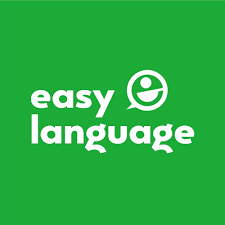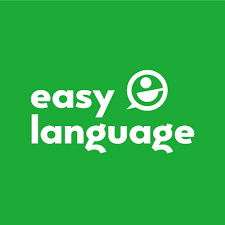The global race to develop and commercialize quantum computing has evolved beyond a corporate competition into a major geopolitical and strategic priority for nations, leading to distinct regional ecosystems with different strengths, strategies, and levels of investment. A regional market analysis of the Quantum Computing Market clearly establishes North America, driven overwhelmingly by the United States, as the current global leader in terms of overall investment, commercial activity, and the maturity of its quantum ecosystem. A key point related to the Quantum Computing Market in this region is the powerful synergy between government funding, private industry R&D, and venture capital. The U.S. National Quantum Initiative has injected billions into fundamental research, while key players like Google, IBM, Microsoft, and Amazon are spending billions more from their own R&D budgets. This is complemented by a vibrant venture capital scene that has funded a world-leading ecosystem of quantum hardware and software startups. The future in the Quantum Computing Market for North America is focused on maintaining this leadership position by pushing the frontiers of all major hardware modalities and building the dominant cloud and software platforms that will define the global market.
The Asia-Pacific (APAC) region has emerged as the most significant and ambitious challenger to North American dominance, with China at its helm. A key point is the region's state-driven, long-term strategic approach. China has declared quantum technology a national priority and is reportedly making state-led investments that may exceed those of any other nation. Its focus is on building national laboratories and achieving self-sufficiency and leadership in key quantum technologies, including computing, communication, and sensing. Key players in China's tech scene, such as Baidu and Alibaba, are also heavily involved. While China's commercial startup ecosystem is less developed than that of the U.S., the sheer scale of its coordinated national effort makes it a formidable competitor. Other APAC nations are also making significant strides. Japan and South Korea are leveraging their strengths in electronics and materials science to invest in their own quantum programs, while Australia has a world-class academic research base in silicon quantum computing. The future of the market in APAC is one of rapid capability building and a focus on catching up to and potentially surpassing the West in specific quantum domains. The Quantum Computing Market size is projected to grow USD 14.19 Billion by 2035, exhibiting a CAGR of 27.04% during the forecast period 2025-2035.
Europe represents the third major hub in the global quantum race, characterized by its strong foundation in fundamental physics research and a collaborative, pan-European strategy. A key point for Europe is its Quantum Flagship program, a billion-euro initiative designed to fund and coordinate quantum research and innovation across the European Union. Individual member states, most notably Germany, France, and the Netherlands, have also launched their own substantial national quantum initiatives. The European ecosystem is distinguished by its excellent network of public research institutes and has given rise to a number of innovative startups, particularly in quantum software and specialized hardware components. Key players like Pasqal from France are making significant strides. While Europe may lack a tech giant with the scale of Google or a state-led program with the funding of China's, its strategy is focused on leveraging its deep scientific talent to build a sovereign and competitive quantum industry. The emerging regions of South America and the MEA are currently more focused on building human capital, establishing academic partnerships with the leading regions, and using cloud platforms to access quantum resources, positioning themselves as future adopters and potential collaborators rather than primary R&D hubs.
In summary, the key points of the regional analysis highlight a multi-polar global competition for quantum leadership. North America currently leads, driven by a powerful combination of corporate R&D and venture capital. The APAC region, led by China's massive state-led effort, is the fastest-rising challenger. Europe is leveraging its scientific strengths and collaborative approach to build a sovereign ecosystem. The key players are thus not just companies, but national and regional initiatives. The future in the Quantum Computing Market will be shaped by the outcome of this geopolitical race for quantum supremacy. The developing tech ecosystems in South America and the MEA will be important future markets for the technologies and services developed by the leading regions, playing a crucial role in the global adoption of this transformative technology.
Top Trending Reports -
Germany Enterprise Software Industry



